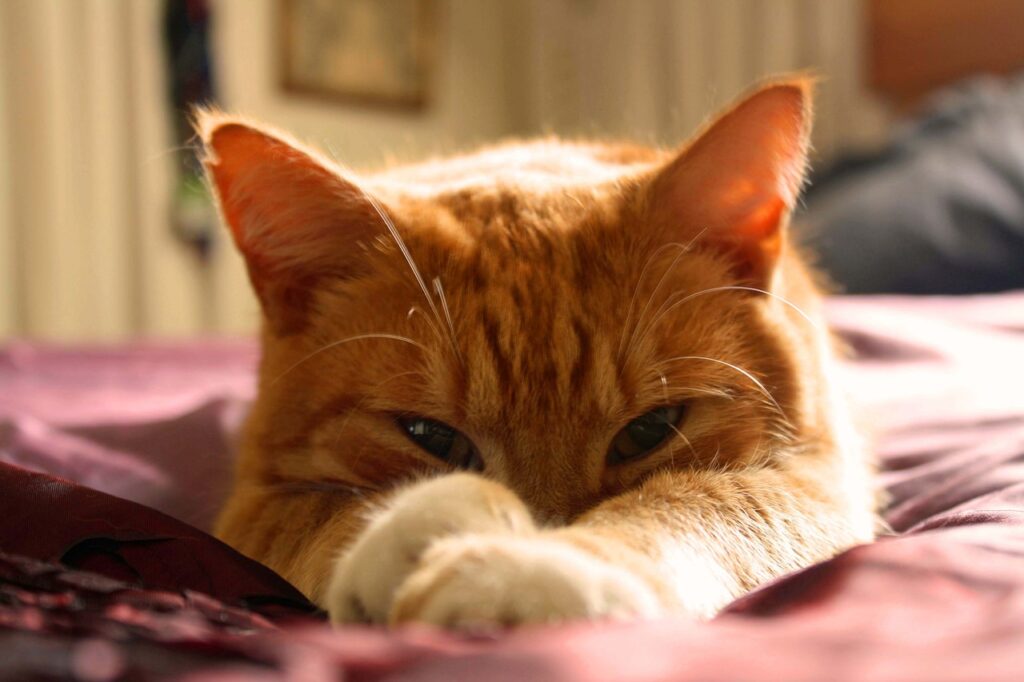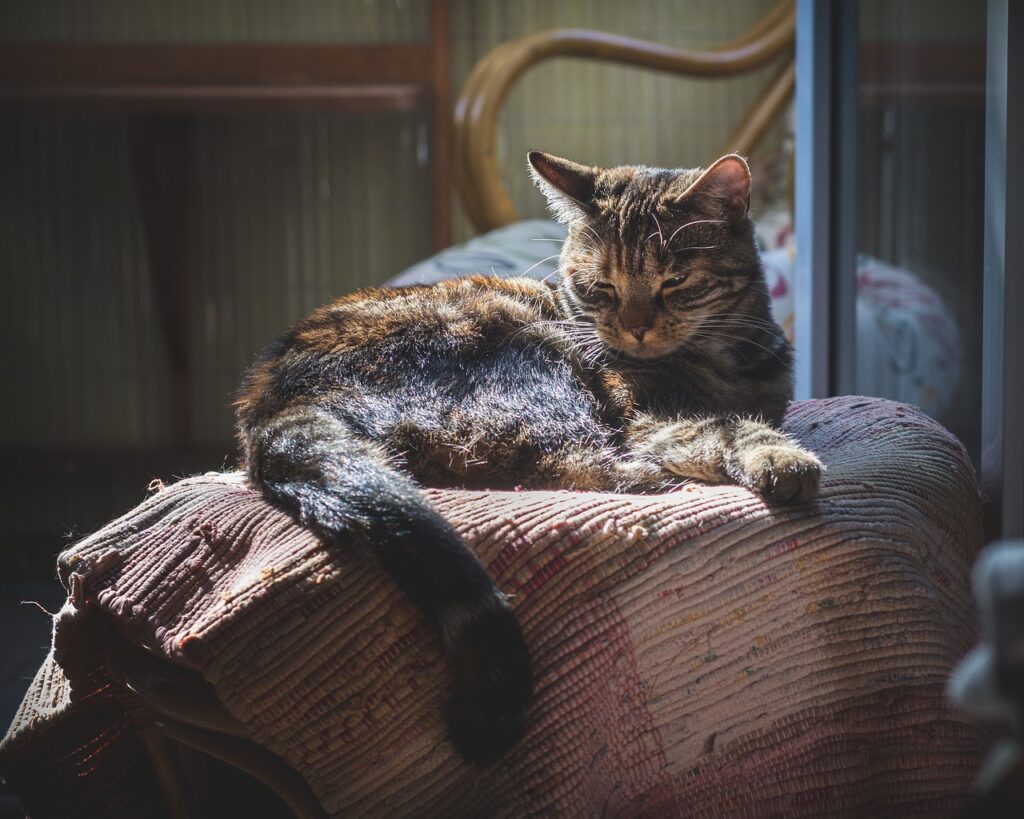Let’s discover about jaundice in cat’s home treatment step by step: –

If you suspect your cat has jaundice, it’s crucial to seek veterinary care promptly. Jaundice, characterized by yellowing of the skin, gums, and eyes, can indicate underlying health issues such as liver disease, anemia, or infection, here some steps about jaundice in cats’ home Treatment.
- Maintain hydration: Ensure your cat has access to fresh water at all times. Dehydration can exacerbate jaundice and complicate recovery.
- Provide a balanced diet: Feed your cat a high-quality, balanced diet suitable for their age, health status, and any underlying conditions. Your vet may recommend a specific diet tailored to your cat’s needs.
- Administer medications as prescribed: If your vet prescribes medications to treat the underlying cause of jaundice, administer them according to the prescribed dosage and schedule.
- Monitor your cat’s condition: Keep a close eye on your cat’s symptoms and overall condition. Note any changes in appetite, activity level, or behavior, and report them to your vet.
SOME JAUNDICE SYMPTOMS IN CATS

Jaundice in cats, medically known as icterus, manifests as a yellowing of the skin, gums, and whites of the eyes due to elevated levels of bilirubin in the bloodstream. Bilirubin is a pigment produced during the breakdown of red blood cells and is normally processed by the liver and excreted in bile.
Symptoms of jaundice in cats may include:
- Skin yellowing: The skin may seem yellow or orange, especially in places where there is less hair.
- Gum and mucous membrane yellowing: The sclera, or whites of the eyes, as well as the gums and mucous membranes within the mouth may become yellow in color.
- Lethargy: Cats suffering from jaundice may seem feeble, drowsy, and less energetic than usual.
- Appetite loss: Cats who are jaundiced may have a decreased appetite or a lack of interest in food.
TREATMNT FOR JAUNDICE IN CATS HOME TREATMENT

jaundice in cats can be a sign of various underlying health issues, including liver disease, bile duct obstruction, or hemolytic anemia. It’s crucial to have your cat evaluated by a veterinarian for a proper diagnosis and treatment plan. Here are some common treatments:
FLUID THERAPY
Fluid therapy is a crucial component in the treatment of jaundice in cats. Providing adequate hydration through intravenous or subcutaneous fluids can help support the liver function and aid in flushing out toxins from the body. It is essential to work closely with your veterinarian to determine the appropriate fluid therapy regimen for your feline companion.
By ensuring proper fluid therapy, you can help your cat recover from jaundice more effectively and improve their overall well-being.
MEDICATION
Medications such as antibiotics, anti-inflammatory drugs, or liver support supplements are commonly used to address jaundice in cats. These medications are essential in combating infections, reducing inflammation, and supporting liver function to promote healing.
It is important to follow your veterinarian’s instructions carefully when administering medications to your cat. With proper treatment and medication management, cats with jaundice can experience significant improvement in their health and well-being. Trust the expertise of your veterinarian to provide the best care for your feline companion.
DIATERY CHANGES
Incorporating dietary changes such as feeding a high-quality, easily digestible food, providing adequate hydration, and avoiding foods that may further stress the liver can make a significant difference in your cat’s health. Remember, consistency is key when implementing dietary modifications for cats with jaundice to ensure optimal results and promote their overall well-being.
SUPPORTIVE CARE
When it comes to treating jaundice in cats, providing supportive care is crucial. Supportive care can help alleviate symptoms and aid in the recovery process. By offering proper hydration, a balanced diet, and a stress-free environment, you can significantly improve your cat’s condition. Supportive care may also include medication prescribed by a veterinarian to address underlying causes of jaundice. It’s essential to follow your vet’s recommendations closely and monitor your cat’s progress diligently.
CONCLUSION
In this post we have discussed about jaundice in cats home treatment and what are the symptoms in it?
“Treating jaundice in cats requires a comprehensive approach tailored to the underlying cause. Veterinary evaluation is crucial for accurate diagnosis and the formulation of an effective treatment plan. Treatment may include fluid therapy, medication, dietary adjustments, and addressing any underlying conditions. Regular monitoring and follow-up care are essential for managing jaundice and ensuring your cat’s long-term health and well-being.
